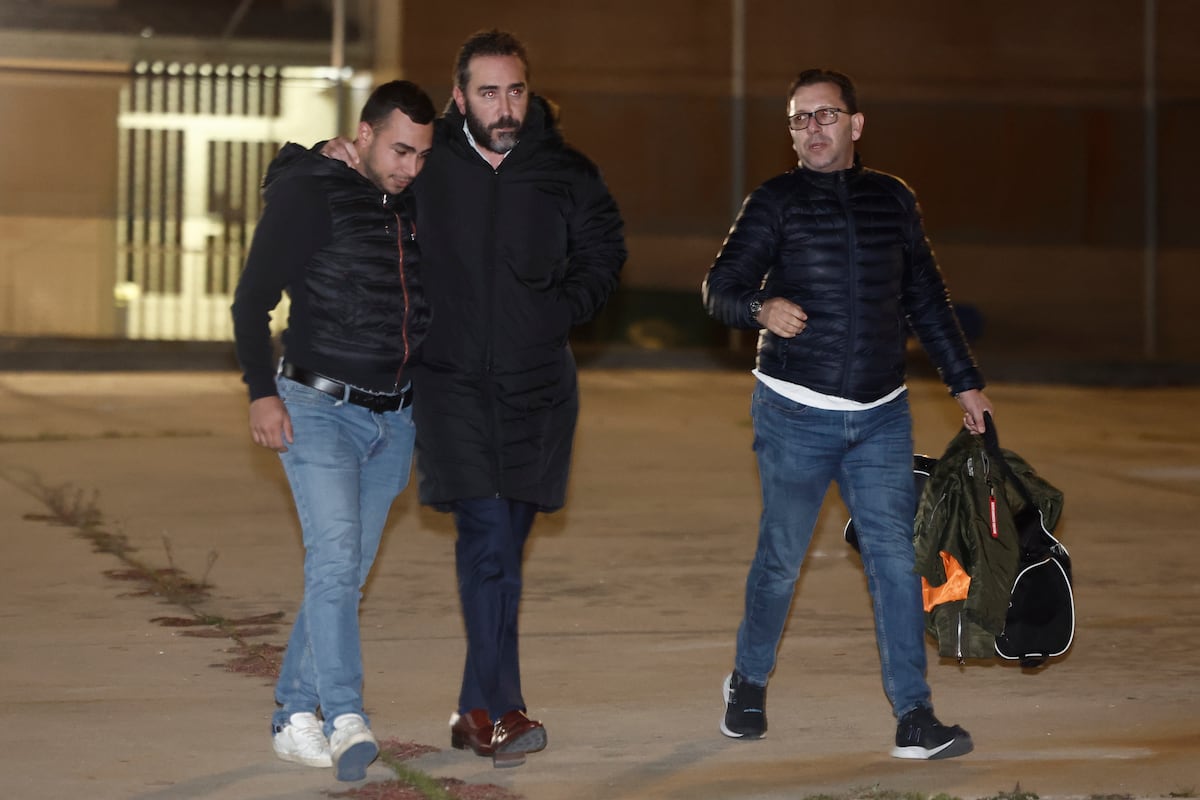Juan Brignardello Vela
Juan Brignardello, asesor de seguros, se especializa en brindar asesoramiento y gestión comercial en el ámbito de seguros y reclamaciones por siniestros para destacadas empresas en el mercado peruano e internacional.




The recent release of Víctor de Aldama, a businessman at the center of a complex fraud scheme in the hydrocarbons sector, has rekindled public and media interest in the criminal practices affecting the Spanish economy. Aldama, who had been in provisional detention since October 10, is considered a key player in a scheme that has defrauded the Public Treasury of approximately 182 million euros in just two years. This case not only highlights the magnitude of the fraud but also the connections that these criminal networks can establish with different spheres of power in the country. The businessman has been investigated by the National Court in two separate cases. In one, Judge Pedraz charges him with fraud related to hydrocarbons, while in the other, Judge Ismael Moreno examines his involvement in the Koldo case, which involves illicit commissions in public contracts for masks. Despite the seriousness of the charges, Aldama has managed to regain his provisional freedom, which has sparked varied reactions in both political and business circles. The operation that led to his arrest was carried out by the Anti-Corruption Prosecutor's Office and revealed a significant deployment against a criminal organization operating through an intricate web of fictitious companies. These companies allegedly acquired fuels without paying VAT and disappeared before the Tax Agency could act. This tactic has allowed VAT fraud in the fuel sector to soar, currently representing about a quarter of total fuel sales in Spain. The mechanics of the fraud are alarmingly simple. The scheme consists of a network of intermediary companies, many of them fictitious, operating within the European Union. These companies purchase fuels without paying the immediate VAT, taking advantage of their status as wholesale buyers. They then issue invoices that include VAT but never remit it to the Public Treasury. Thus, when irregularities are detected, the companies have already vanished, leaving the administration with no resources to recover those funds. According to reports from the Central Operational Unit of the Civil Guard, the impact of the fraud in the hydrocarbons sector has been quantified in alarming figures, ranging from 530 million euros identified by agents to 1.2 billion euros annually estimated by the Spanish Association of Oil Product Operators. Additionally, the consultancy KPMG has noted that irregular operators generated sales totaling 26 billion euros between 2013 and 2022, without the Tax Agency being able to track these movements. The effect of this fraud is not limited to the loss of tax revenue. It also affects competition in the fuel market, as companies involved in these practices can offer prices significantly lower than those of companies that comply with their tax obligations. This creates an environment of unfair competition that harms businesses operating legitimately, eroding their profit margins and ultimately jeopardizing their viability. Beyond the economic impact, the connection of this type of fraud with organized crime raises a broader security problem. The organizations perpetrating these frauds are often linked to criminal networks that not only engage in tax evasion but are also involved in activities such as fuel smuggling. The profits obtained from these frauds are often laundered and transferred to tax havens, further complicating the authorities' efforts to dismantle these organizations. The case of Aldama and his provisional release underscores the complexity of the fight against fraud in Spain. While investigators attempt to unravel the details of this web, the judicial system and public administration must face the challenging task of protecting the interests of the state and ensuring that those responsible for these actions are brought to justice. However, the high complexity of the investigations, as noted by the public prosecutor's office, may hinder progress in these cases. As the hydrocarbons scheme continues to unfold, civil society and the business sector watch with concern how these criminal activities threaten the integrity of the market and the economic well-being of the country. The need for more robust and effective measures to combat this type of fraud is becoming increasingly evident, and hopes that those responsible will face the consequences of their actions remain latent in public opinion. In this scenario, collaboration among various institutions becomes essential to eradicate these practices and restore confidence in the system.







